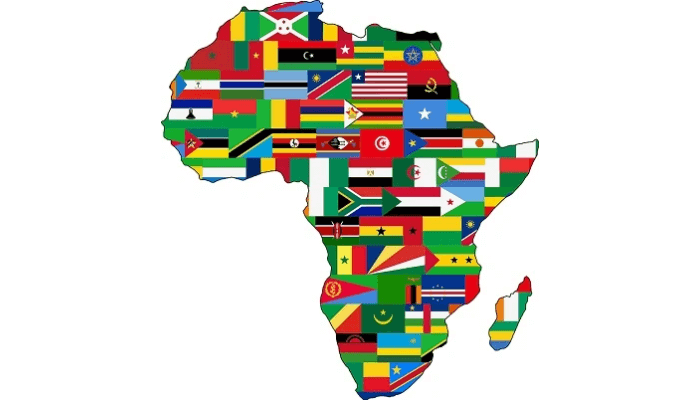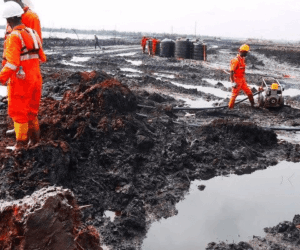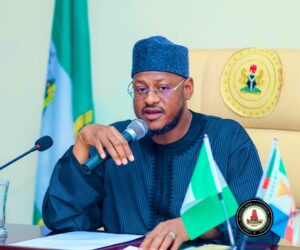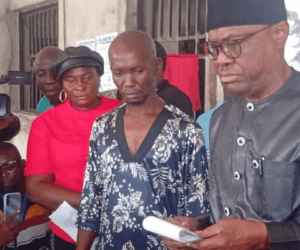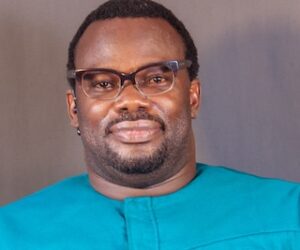Introduction
Africa is rich in natural resources, with immense potential to lead the world in renewable energy. However, the continent’s future depends on shifting from aid dependence to sustainable investments. As global attention turns to Africa’s role in green energy, UN Secretary-General António Guterres calls for increased investments to unlock Africa’s economic power. With abundant solar, wind, and mineral resources, Africa is poised to become a “renewable superpower”. This article explores why Africa needs investments, not aid, to secure a prosperous future.
“Multinational companies in the energy, technology, and finance sectors should view Africa not just as a market but as a strategic partner in the global green energy transition.”
From aid to investment: A necessary shift
For years, Africa has relied on international aid to address its development challenges, with billions of dollars flowing in from governments, NGOs, and multilateral organisations. While aid has been essential in addressing immediate issues like health and infrastructure, it often creates dependency and fails to foster long-term growth.
The decline in aid from the West, especially following the Trump administration’s cuts to USAID, and the drying up of new loans from China due to the global debt crisis, have made it clear: aid is no longer a sustainable solution for Africa’s development. As Guterres emphasised at the Tokyo International Conference on African Development (TICAD), Africa must pivot to investments that can foster self-sufficiency and drive long-term growth.
Harnessing Africa’s renewable energy potential
Africa possesses vast renewable energy resources that could transform its economy. The continent enjoys abundant sunshine, strong winds, and vast reserves of critical minerals. These resources provide Africa with a unique opportunity to become a global leader in green energy. According to the International Renewable Energy Agency (IRENA), Africa’s deserts alone could generate enough solar power to supply the entire world.
In addition to solar energy, Africa has significant untapped potential in wind, hydro, and geothermal energy. Countries like South Africa, Kenya, and Morocco are already making strides in renewable energy, but there is so much more to be done. Increased investment in infrastructure, technology, and human capital is needed to unlock the full potential of these resources.
Africa is also home to large reserves of critical minerals, such as cobalt, lithium, and rare earth elements, which are essential for electric vehicles and energy storage. These minerals position Africa as a key player in the global green energy transition. But to capitalise on this potential, Africa needs investments in the technology and infrastructure required to extract and process these minerals.
Read also: Pricing in Africa needs a reset: The rise of insight-based models for informal markets
The economic case for investment
Investing in renewable energy can create jobs, diversify economies, and reduce reliance on imports. By developing its renewable resources, Africa can lower energy costs, improve energy security, and build a thriving industrial base. This, in turn, will stimulate economic growth, reduce unemployment, and provide a foundation for sustainable development.
Africa’s economic diversification is significant in light of the global push for decarbonisation. Many African nations are heavily dependent on the export of raw materials like oil and gas. However, with the growing global shift toward renewable energy, these industries are facing long-term challenges. Renewable energy offers a pathway for Africa to build new, sustainable industries that can weather future economic shifts.
Moreover, Africa’s vast renewable energy resources can help meet the growing global demand for clean energy technologies. By investing in renewables, African countries could become major suppliers of clean energy and critical minerals, enhancing their role in the global supply chain.
Challenges to investment in Africa’s renewable sector
Despite the potential, several obstacles stand in the way of attracting the necessary investment. Political instability, poor infrastructure, and limited access to finance are among the key challenges.
Political instability is a persistent issue in many African countries, making it difficult to plan and execute long-term projects. Additionally, many nations lack the infrastructure, such as reliable electricity grids and energy storage systems, that is essential for renewable energy development.
Access to finance is another barrier. Many African countries are already burdened with debt, making it harder to attract new investment. As Guterres pointed out, African nations need increased concessional finance and greater lending capacity from multilateral development banks to fund renewable energy projects without adding to their debt burdens.
The role of global partnerships and multilateral institutions
While Africa must take the lead in creating an investment-friendly environment, global partnerships are also crucial. Institutions like the World Bank, IMF, and the African Development Bank (AfDB) must step up to provide concessional financing, technical expertise, and investment support for renewable energy projects.
Private sector investment is equally important. Multinational companies in the energy, technology, and finance sectors should view Africa not just as a market but as a strategic partner in the global green energy transition. By investing in Africa’s renewable sector, these companies can help unlock Africa’s potential while benefiting from the growing demand for clean energy.
At TICAD, Japan’s Prime Minister Shigeru Ishiba proposed a partnership to train 30,000 people in artificial intelligence (AI) in Africa. This kind of collaboration, which focuses on skills development and knowledge transfer, is crucial for ensuring that Africa can leverage its renewable energy potential to drive long-term economic growth.
Conclusion
The future of Africa depends on its ability to harness its vast renewable energy resources and reduce its reliance on aid. With abundant natural resources, a growing youth population, and increasing global demand for clean energy, Africa is uniquely positioned to lead the global green energy transition.
To unlock this potential, Africa needs strategic investments in renewable energy, infrastructure, and human capital. By shifting from aid to investment, Africa can reduce its dependence on foreign assistance, create jobs, and become a key player in the global green economy.
The world must recognise Africa’s potential and support its efforts to build a sustainable, prosperous future. As Guterres said, the time to act is now—Africa’s renewable future awaits.
Prof. Sarumi is the Chief Strategic Officer at LMS Consulting and a faculty member at ICLED Business School and writes from Lagos, Nigeria. He is also a consultant in TVET and indigenous education systems, affiliated with the Global Adaptive Apprenticeship Model (GAAM) research consortium. Tel. 234 803 304 1421, Email: [email protected].

